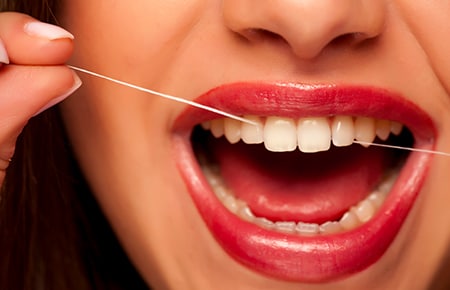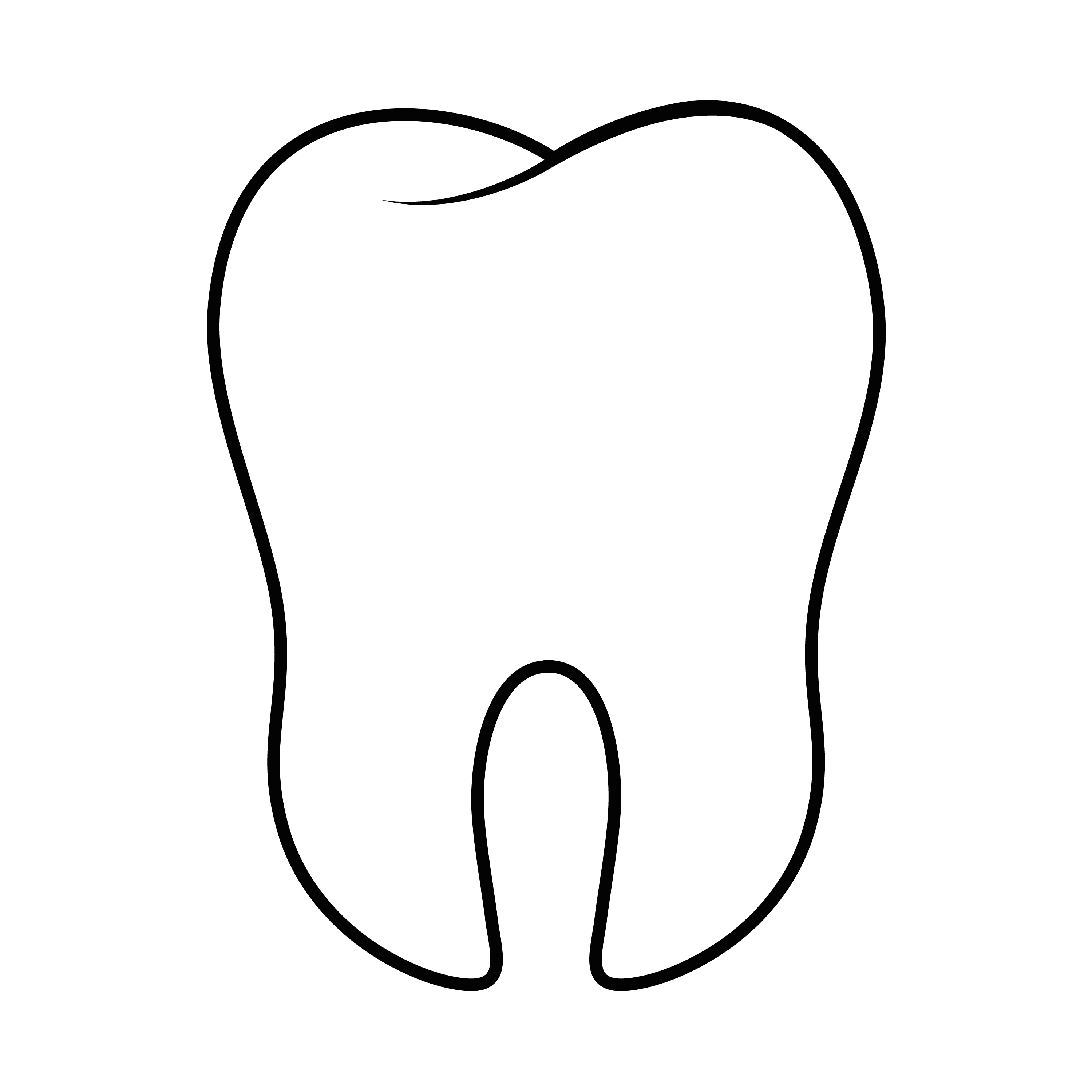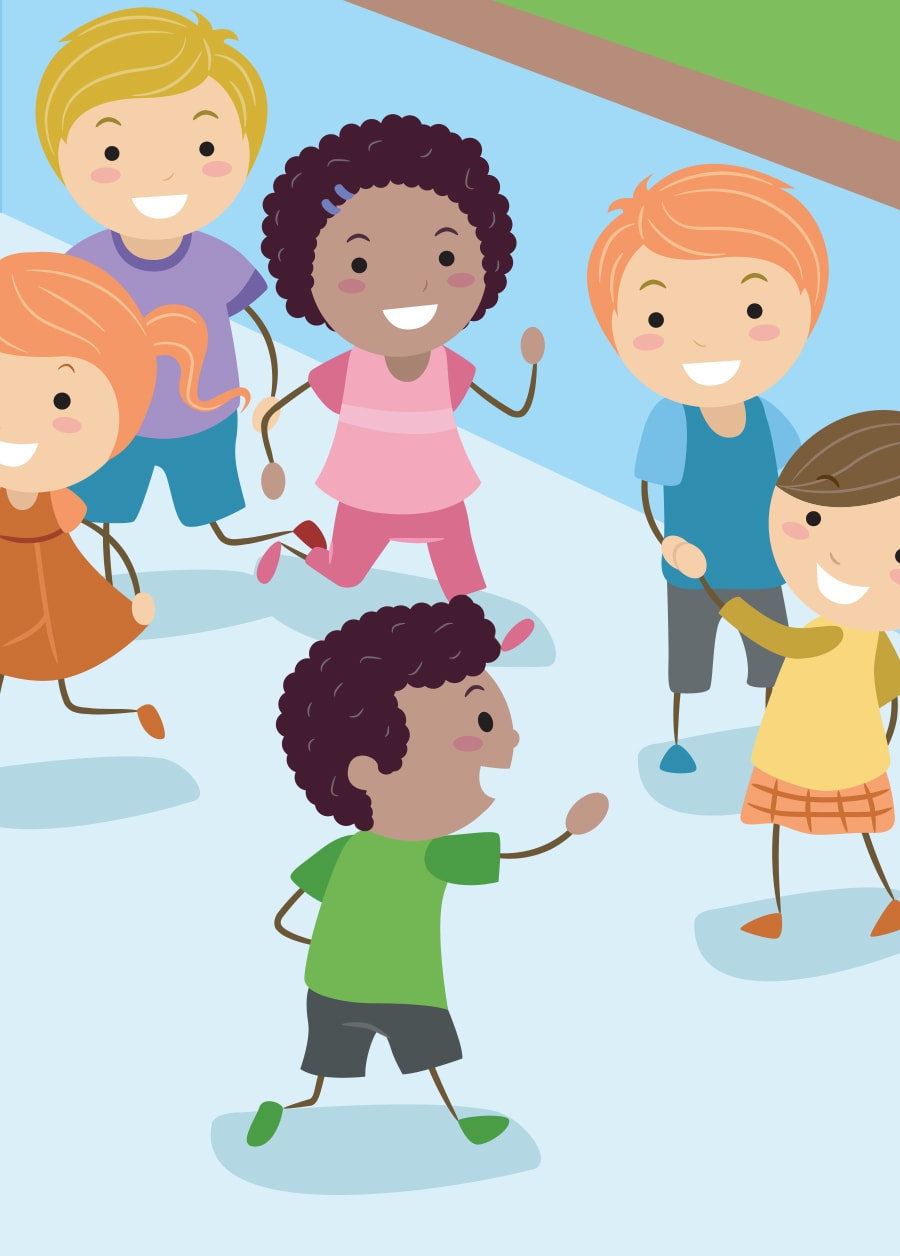Special Awareness Days
April – National Oral Health Month

Ready to Order?
If you are ready to order, please contact Customer Service:
Telephone: 1 (800) 361-6128 Fax: 1 (800) 563-9196
Introduction
Each year during the month of April, the Canadian Dental Association reminds us that taking care of our mouth and teeth is more than just about creating a nice smile. Oral health problems can affect the way a person eats, speaks, and even the way they interact with others. Some people are not even comfortable smiling or talking with others because they feel self-conscious about their teeth. By promoting better oral health, this month-long event encourages Canadian children and families to have a better quality of life free from bleeding gums, bad breath, oral pain, missing teeth, or infections.
One of the important reminders for Oral Health Month focuses on reducing the consumption of sugary drinks and making water your drink of choice.
For further information, visit:

Activity Bursts
(K-2) Health, The Arts
Invite students to turn to a neighbour and smile. Repeat with another neighbour.
Ask:
- How do you feel when someone smiles at you?
- How do you feel when you smile at someone else?
- When we laugh or smile, what do we see?
Explain that taking care of our mouths is not just about having a great smile. Just like we need to take care of our bodies, so they stay healthy, we also need to take care of our mouths. This is called oral health.

Invite students to share what they do every day to take care of their oral health. Share answers from volunteers (e.g., brush teeth at least twice a day, floss at least once a day, rinse)
Explain that drinks like some fruit juices and fruit “drinks,” soft drinks, and sports drinks contain a lot of sugar that can cause dental problems including tooth decay, cavities, gum disease, and even bad breath. Recommend that instead of drinking these sugary liquids, they should drink water.
Invite students to create a poster (or song, rap, commercial, word map, mural, etc.) to encourage others to choose water over sugary drinks. As an example, they could complete the following simple activity:
Ask students to take a piece of plain white paper and draw a tooth shape like the image below.
Ask them to draw a large water droplet inside the tooth and make a happy face in the middle. Invite them to add a few words to encourage others to choose water instead of sugary drinks. Share their images.
Close by reminding students that making water their drink of choice will help them prevent cavities and keep their mouth healthy. Plus, remind them that water is so refreshing!
(3-5) Health, Mathematics, Critical Thinking
Explain that taking care of our bodies includes taking care of our mouths. Share that April is Oral Health month and that this is a great time to think about what we can do to take care of our mouths and teeth in order to prevent tooth decay, cavities, gum disease, and even bad breath.
Explain that one of the ways we can keep our mouths and teeth healthy is to make thoughtful choices about what we eat and drink.

Ask the following questions and record student responses on a chart.
- What drinks do you have with your breakfast?
- What drinks do you bring to school?
- What do you drink after school? At meals? Before bed?
Invite students to point out the drinks they believe contain the most sugar. Explain that drinks that have a lot of sugar in them can be bad for overall health, including oral health.
Ask students to tell you how often they drink any of these sugary drinks using the following scale: 1) Every day, 2) Almost every day, 3) At least once a week, 4) Never. Record results by working as a class to make a bar or circle graph to demonstrate frequency of use.
Watch and discuss the video "How Much Sugar Is In Soda? Re-think Your Drink!" by the Santa Clara County Public Health Department.
Challenge students to replace their sugary drinks with water for the next week. At the end of the week, take the survey again and compare the two graphs. Congratulate them on their efforts, encouraging them to keep up the good work!
(6-8) Language, Health, Science, Critical Thinking
Share that April is National Oral Health Month and ask:
- What is oral health?
- Why do you think a whole month has been designated as National Oral Health Month?
- What do you think are the best practices to keep your mouth healthy?
- Raise your hand if you drink sugary drinks such as soft drinks, sports drinks, fruit juices or fruit drinks.
- Are you aware of the effects of sugary drinks on your teeth? Share.
Explain what happens when sugary drinks are consumed:
- The sugar interacts with bacteria that are present in your mouth and forms acid.
- This acid attacks and damages the tooth enamel, as well as the dentin that is under the enamel on the surface of our teeth, causing cavities.
If possible, engage students in a scientific experiment that demonstrates the effect of sugar on the teeth. Here are a few examples to choose from:
cda-adc.ca/en/oral_health/teaching_resources/eggsperiment.asp
sciencing.com/science-project-effects-beverages-teeth-7892494.html
feelslikehomeblog.com/2016/06/what-do-sugary-drinks-do-to-your-teeth-kids-science-experiment
Process the activity by asking students what they learned during the experiment and whether it will affect the drink choices they will make. Close by encouraging students to make water their drink of choice.






